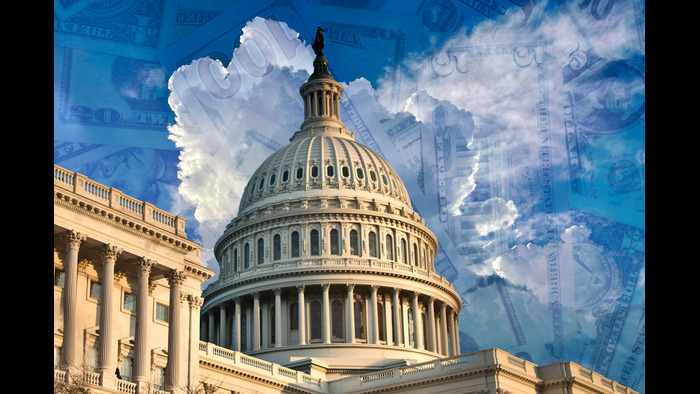Promoting Market Access & Forging Trade Relationships
- By [ Blake Harden ]

RILA continues to engage the administration and Congress to remove harmful section 301 tariffs, negotiate new agreements that reduce trade barriers and promote open markets, develop new sourcing opportunities for retailers and work with key trading partners to address shared concerns with unfair trade practices. Pursuing these policies will help the U.S. set 21st century global trade rules and facilitate the efficient movement of lawful goods and services across our borders.
RILA is also working with Congress to enact important bipartisan trade legislation that has lapsed, which has increased manufacturing costs and created uncertainty for both the American businesses who utilize these programs and the countries who benefit from them. Finding a balanced approach that will allow the Miscellaneous Tariff Bill and the Generalized System of Preferences to be renewed quickly and for a longer period of time is a key component of any trade agenda centered around U.S. competitiveness.
Finally, regardless of the party in power, it is vital for federal government agencies and businesses to collaborate to ensure the successful implementation of legislation passed by Congress, effective enforcement of U.S. laws, and the seamless facilitation of lawful trade.
Working with leading retailers and like-minded industry partners, RILA educates policymakers and the public about the complexities of trade and its impact on U.S. economic competitiveness and American jobs.
Tags
-
Retail Works for All of Us
-
Supporting Free Markets and Fostering Innovation
-
International Trade






